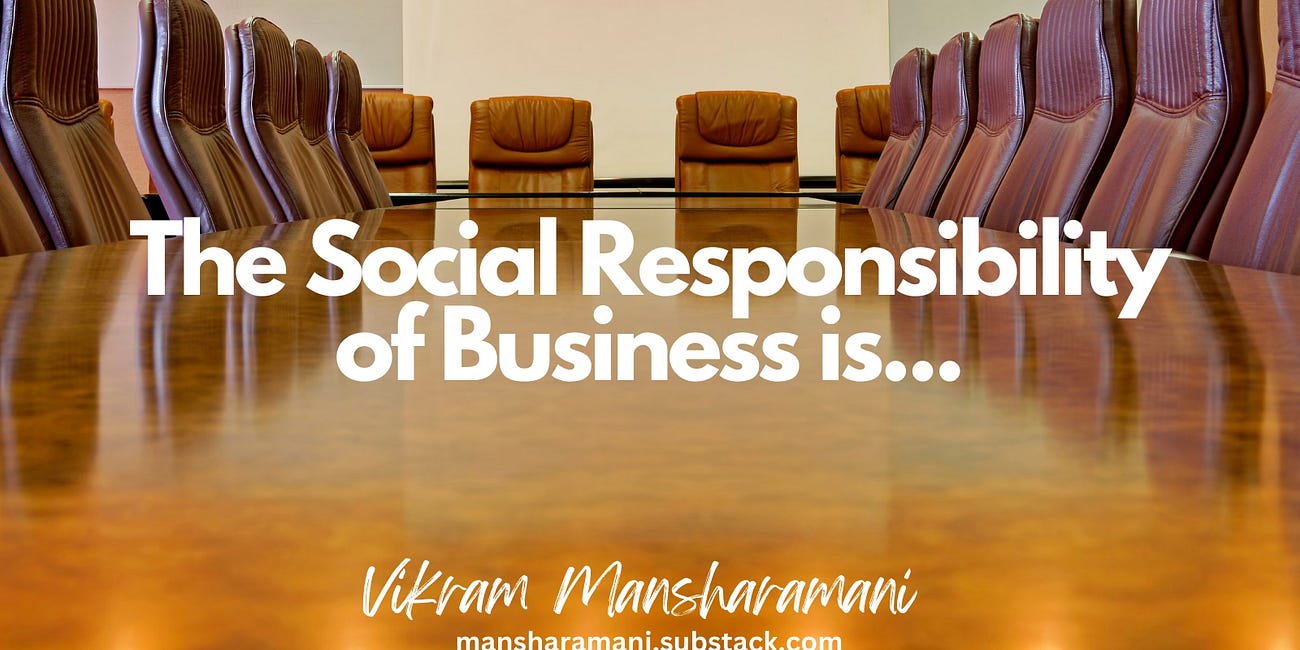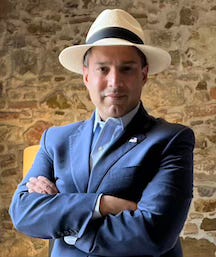For the past few years, a cultural revolution has been tearing our country apart. In the grips of this politically correct mania, statues of George Washington were torn down, equity was championed over merit, and the insidious ideologies of DEI and ESG burrowed deep into our institutions and rewired management incentives. But the fever finally appears to be breaking.
Akin to a child declaring “The emperor isn’t wearing any clothes!” the recent election marked a turning point: The vast majority of Americans realized they weren’t alone in their desire to move beyond a constant focus on grievances. The pendulum reached its zenith and is swinging back towards normality. Victimhood culture is rapidly receding, and an equality of opportunity is rising in its place.
Consider recent actions from some of America’s largest companies. Meta announced that it was eliminating its DEI team along with its DEI hiring practices. Google terminated its use of hiring goals to boost workplace diversity and is reviewing its other DEI efforts. Even Bud Light seems to have come full circle with its “Big Men on Cul-de-Sac” Super Bowl ad that featured Peyton Manning, Post Malone and conservative comedian Shane Gillis.
I welcome this change. Never one to shy away from speaking my mind, I have been on the frontlines pushing back against DEI in the classroom and in the boardroom. At Harvard I was reprimanded for using the term “melting pot”, chastised by colleagues for asking new parents if their newborn was a boy or a girl, and finally “canceled” when it was revealed that I had committed the cardinal sin of being a Republican. Diversity of skin color, it seemed, was important than diversity of thought.
As an advisor and director of for-profit companies, I fought to keep the focus on shareholder value and pushed back against DEI initiatives that came at the expense of profit generation. That’s what I did when I served on the board of Werner Enterprises, which generated a bit of publicity that you can read about here and here; there’s also a lively discussion of my thinking on an episode of “What’s Bugging Me” entitled “D.E.I. and E.S.G. must D-I-E.”
I’ve always believed, like Milton Friedman’s similarly titled essay, that the social responsibility of business is to increase its profits, period. Boardrooms and C-Suites need to focus on delivering high-quality products and services to their customers at prices that enable both customers and producers to share in value creation. Doing so will enable profits that shareholders can utilize as they see fit, for social or other purposes. Management teams that prioritize social objectives, however, at the expense of profits are harming shareholders by both reducing their shareholder returns and by deploying those returns towards efforts that those shareholders may not believe are worthy.
The Social Responsibility of Business is...
One of the real joys of being a global generalist is that I constantly interact with people from different backgrounds across varied industries and numerous geographies. In the past six months alone,…
This is not to suggest that energy efficiency or efforts to expand the workforce are harmful. In fact, in many cases, the pursuit of energy efficiency can also lower cost and increase profits – while simultaneously helping the environment. Likewise, recruiting from under-represented communities can often lead to the identification of hidden talent and a better workforce. Such efforts, if motivated by the pursuit of profits, generate social benefit. The driver, however, needs to be the bottom-line.
Mentions of “DEI” or “Diversity, Equity, Inclusion” during quarterly earnings calls of publicly-traded companies

A long-overdue return to focusing on shareholder value is gaining momentum in Corporate America. Still, a few holdouts remain. Some companies refuse, like WWII Japanese soldiers hiding out in the jungles of the Pacific, unaware that the war is over, to surrender. But for the vast majority of businesses, however, the lessons drawn from Bud Light’s ill-fated foray into politics are clear: The business of business is, well, business.
VIKRAM MANSHARAMANI is an entrepreneur, consultant, scholar, neighbor, husband, father, volunteer, and professional generalist who thinks in multiple-dimensions and looks beyond the short-term. Self-taught to think around corners and connect original dots, he spends his time speaking with global leaders in business, government, academia, and journalism. He’s currently the Chairman and CEO of Goodwell Foods, a manufacturer of private label frozen pizza. LinkedIn has twice listed him as its #1 Top Voice in Money & Finance, and Worth profiled him as one of the 100 Most Powerful People in Global Finance. Vikram earned a PhD From MIT, has taught at Yale and Harvard, and is the author of three books, The Making of a Generalist: An Independent Thinker Finds Unconventional Success in an Uncertain World, Think for Yourself: Restoring Common Sense in an Age of Experts and Artificial Intelligence and Boombustology: Spotting Financial Bubbles Before They Burst. Vikram lives in Lincoln, New Hampshire with his wife and two children, where they can usually be found hiking or skiing.






